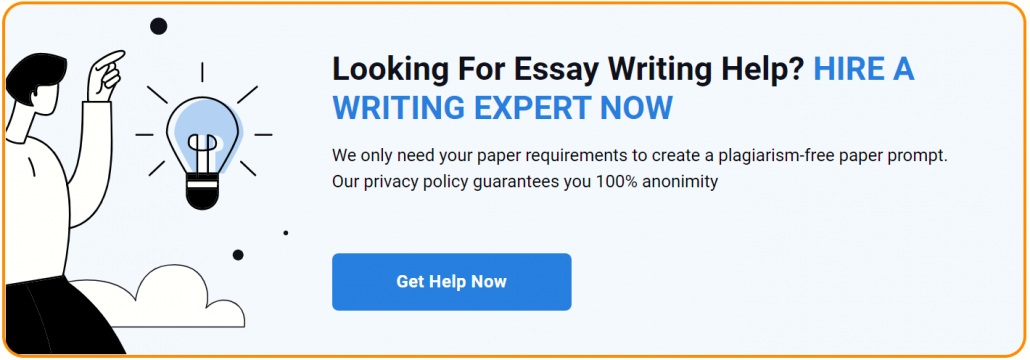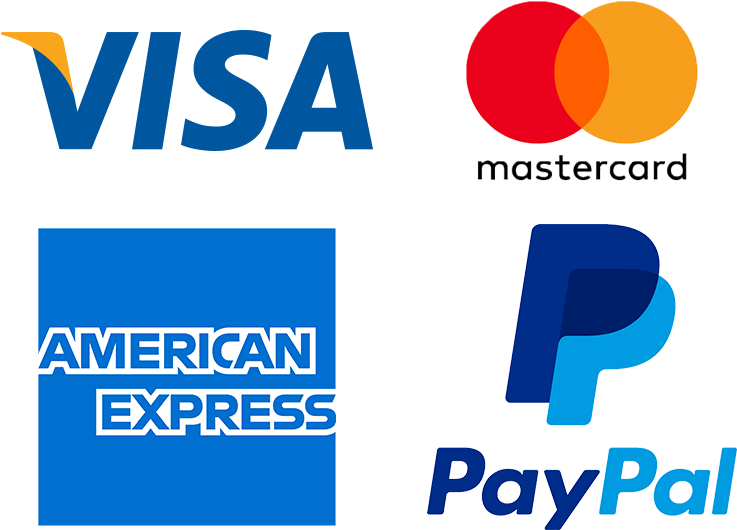1. Explain the safeguards that can be used to reduce or eliminate threats to audit independence.
2. Do you believe the threats and safeguards approach establishes a situational or relativistic ethic? How might utilitarianism be used to evaluate the ethicality of permitting certain relationships when threats exist?
3. Assume you disclosed information about a client. How would you determine if you violated the Confidential Client Information rule in the AICPA Code?
4. You’re struggling in your new accounting practice to tap into a potential client base. You have tried traditional advertising and marketing tools to no avail. Your friend tells you to use social media as a tool to reach potential customers. You’re not sure about it. Your concern is one of ethics. The last thing you want to do is violate the ethical standards of the accounting profession. Identify the ethical issues that should be of concern to you in deciding whether and how to use social media for advertising and solicitation of new clients.
5. You have decided to leave your CPA firm. Using the AICPA rules as a guide, answer the following questions: (1) Can you post some negative comments about your former employer on Twitter? (2) Can you call your former clients and tell them that you are leaving? (3) Can you take their files with you when you go?

